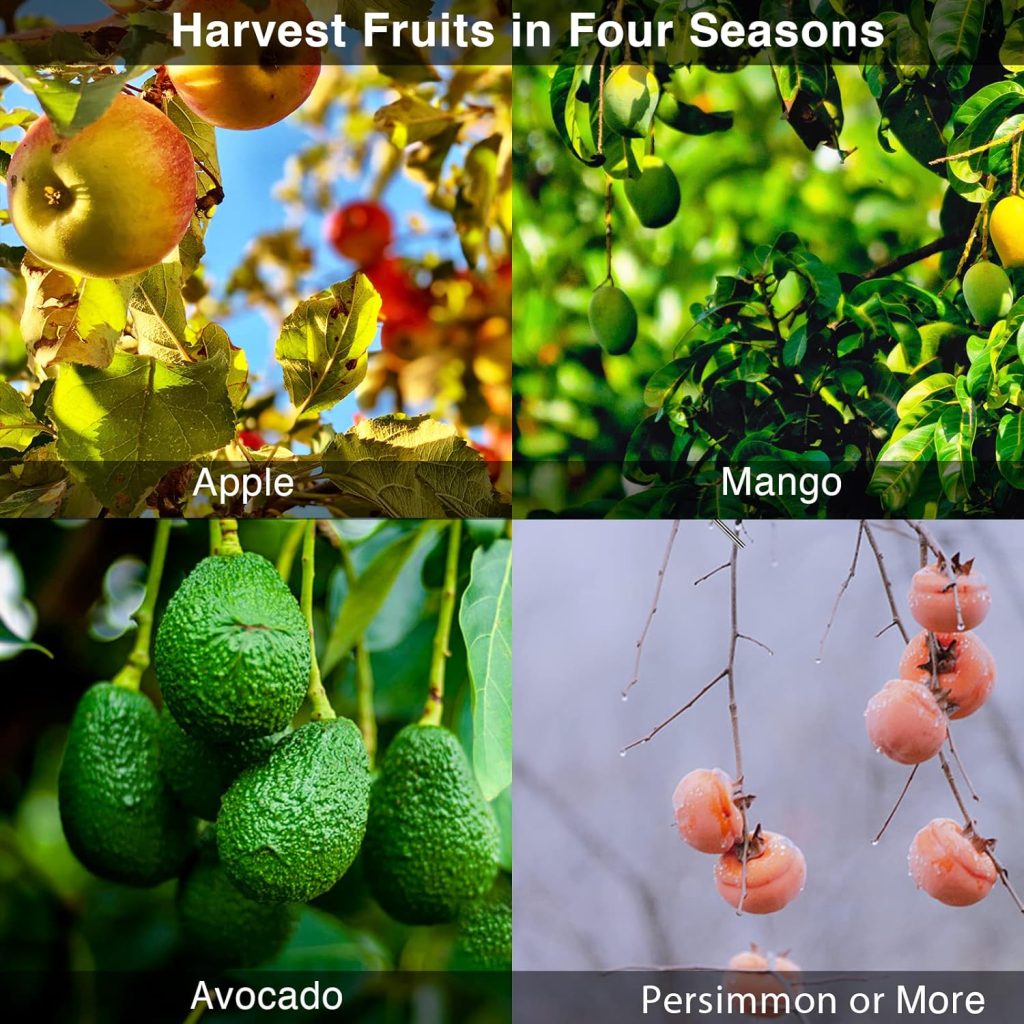Organic Orchard Care
Organic orchard care employs ecologically conscious techniques, such as composting, companion planting, and integrated pest management, to cultivate resilient fruit-bearing ecosystems while minimizing reliance on synthetic chemicals and fostering biodiversity.
In this article, we delve into the holistic approach of organic orchard care, where every action has a ripple effect on the ecosystem. From soil health management to pest control strategies rooted in natural solutions, organic orchardists employ methods that prioritize environmental stewardship and long-term viability.
By eschewing synthetic chemicals and embracing organic principles, orchard care becomes a journey of cultivation in harmony with the earth. Fostering resilient orchards that bear not only abundant fruits but also contribute to the health of the surrounding environment.
Understanding Organic Orchard Care
Maintaining an organic orchard involves more than just abstaining from chemical pesticides and fertilizers. It requires a holistic approach that prioritizes soil health, biodiversity, and sustainable practices. Here are the fundamental principles to consider when caring for an organic orchard:
- Soil Management
- Start with a soil test to determine its pH level and nutrient content.
- Use organic amendments like compost, manure, and cover crops to improve soil fertility and structure.
- Practice mulching to retain moisture, suppress weeds, and regulate soil temperature.
- Rotate crops to prevent soil depletion and disease buildup.
- Biodiversity
- Integrate diverse plant species to attract beneficial insects and pollinators.
- Plant native flowers and herbs to provide habitat and food sources for wildlife.
- Incorporate hedgerows and buffer zones to enhance biodiversity and ecosystem resilience.
- Avoid monoculture practices to minimize pest and disease pressure.
Orchard Maintenance
Maintaining an organic orchard requires regular monitoring, preventive measures, and timely interventions to ensure healthy tree growth and fruitful yields. Here’s how to effectively manage your orchard organically:
- Pest and Disease Control
- Implement cultural practices such as proper pruning, sanitation, and adequate spacing to minimize pest and disease incidence.
- Utilize biological control methods like introducing beneficial insects, birds, and predatory nematodes.
- Employ mechanical barriers such as netting and row covers to protect fruit from pests.
- Apply organic pesticides derived from natural sources like neem oil, insecticidal soap, and botanical extracts sparingly and strategically.
- Nutrient Management
- Monitor nutrient levels through soil testing and foliar analysis to ensure trees receive adequate nutrition.
- Use organic fertilizers such as compost tea, fish emulsion, and bone meal to supplement soil fertility.
- Practice nutrient cycling by returning organic matter to the soil through composting and mulching.
- Consider foliar feeding with diluted seaweed or fish extracts to provide micronutrients directly to the foliage.
- Water Management
- Implement efficient irrigation systems such as drip or soaker hoses to minimize water waste and promote deep root growth.
- Mulch around trees to retain soil moisture and reduce evaporation.
- Monitor soil moisture levels regularly and adjust watering schedules based on weather conditions and plant needs.
- Collect rainwater for irrigation purposes to reduce reliance on municipal water sources.

